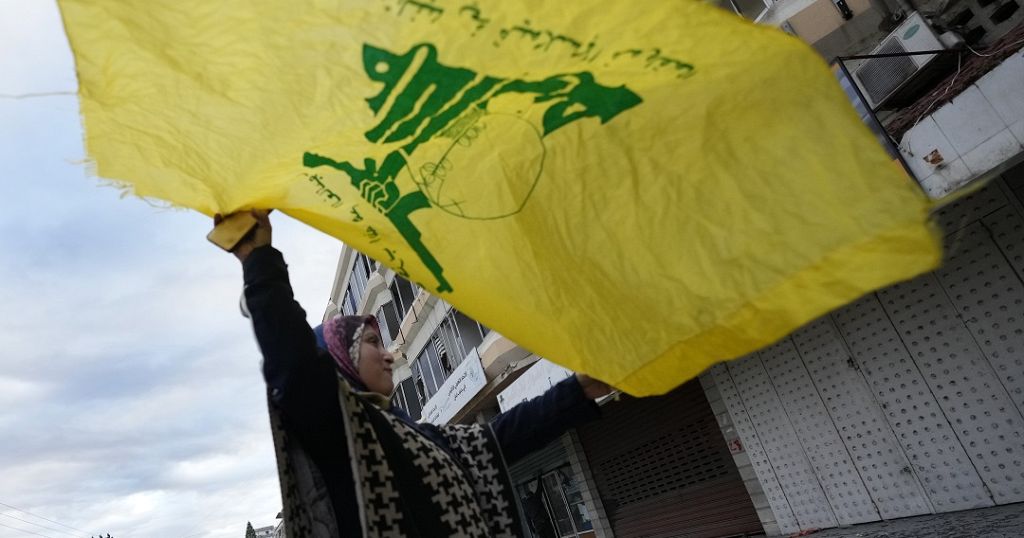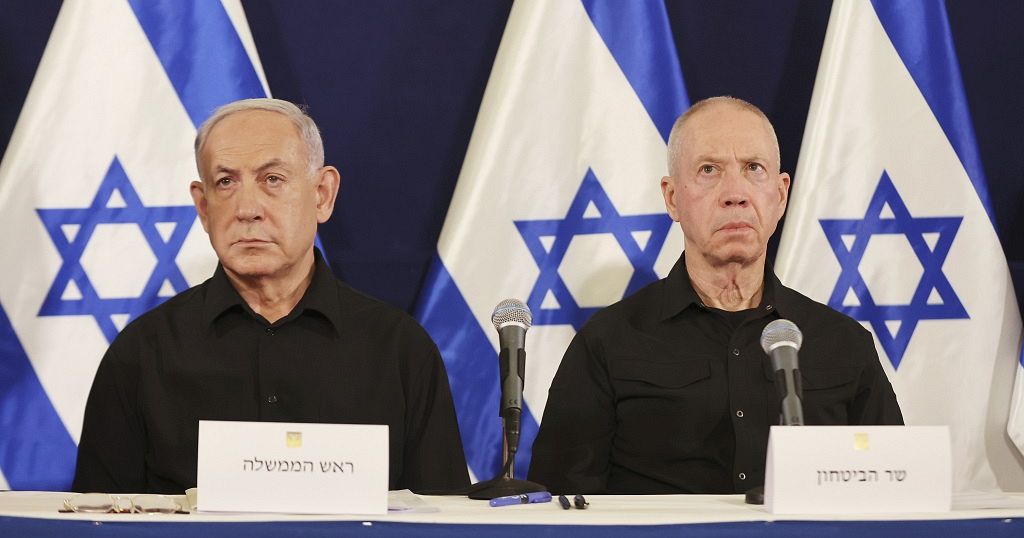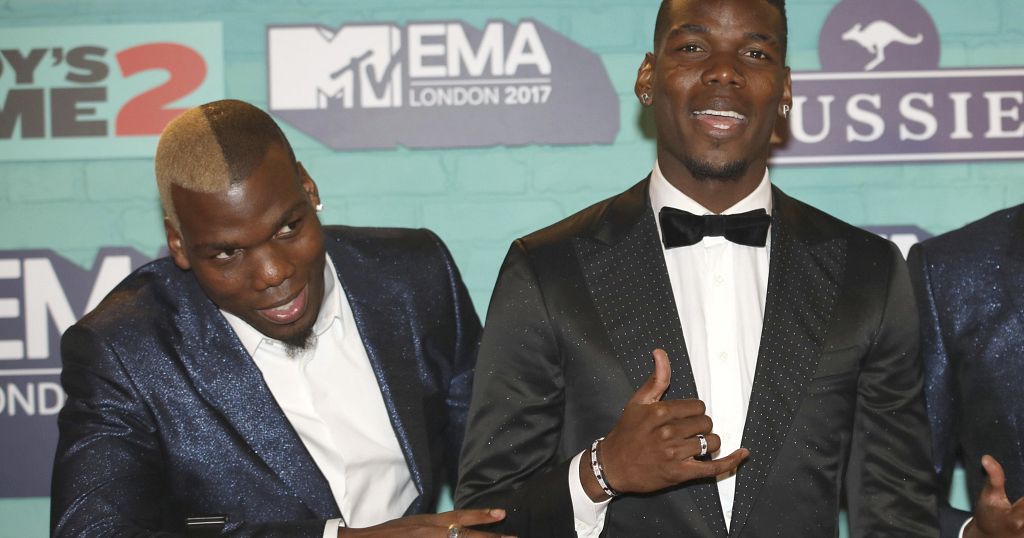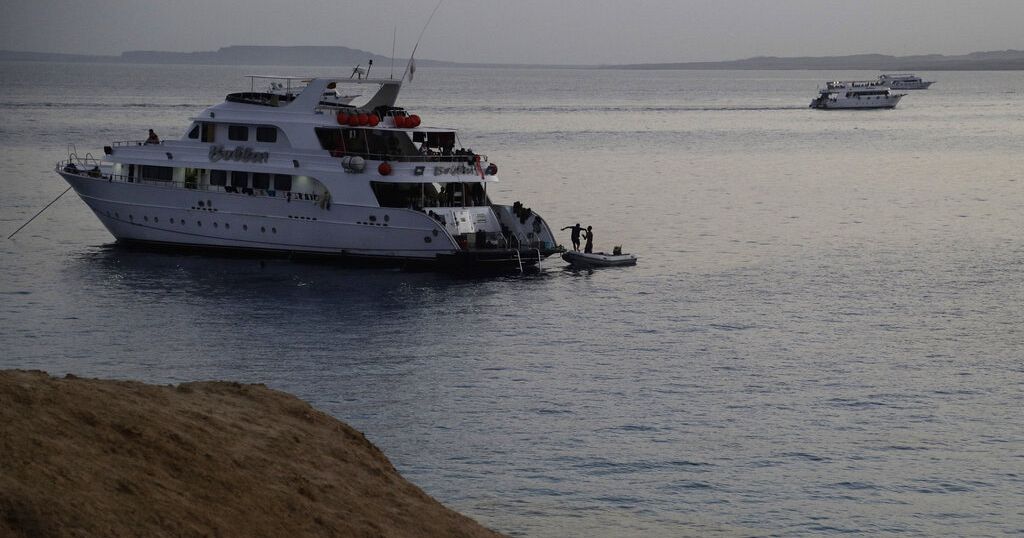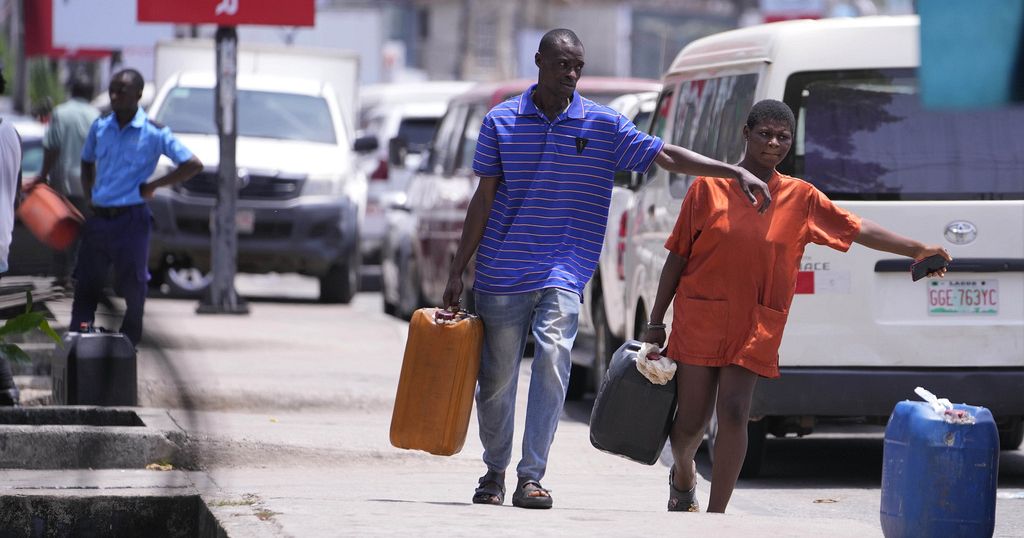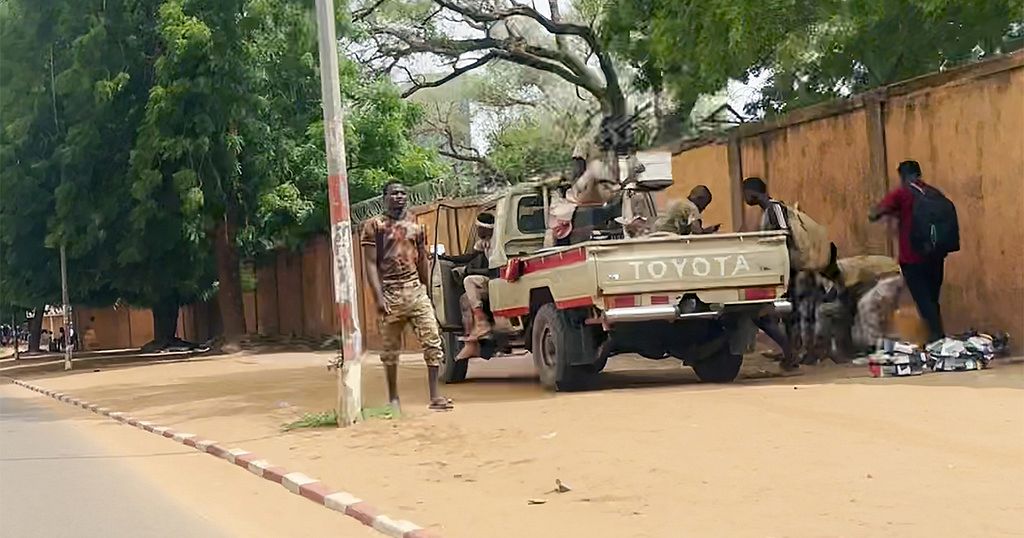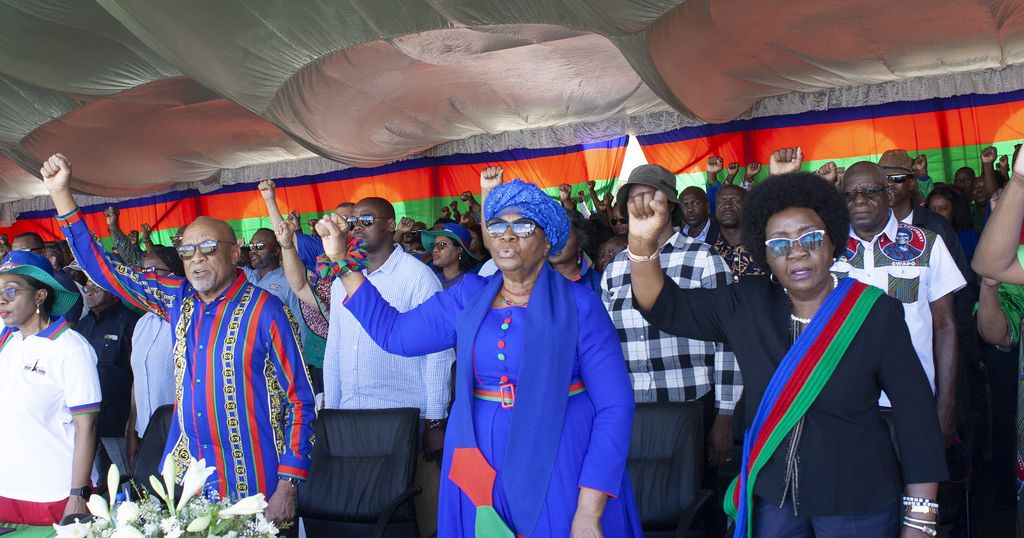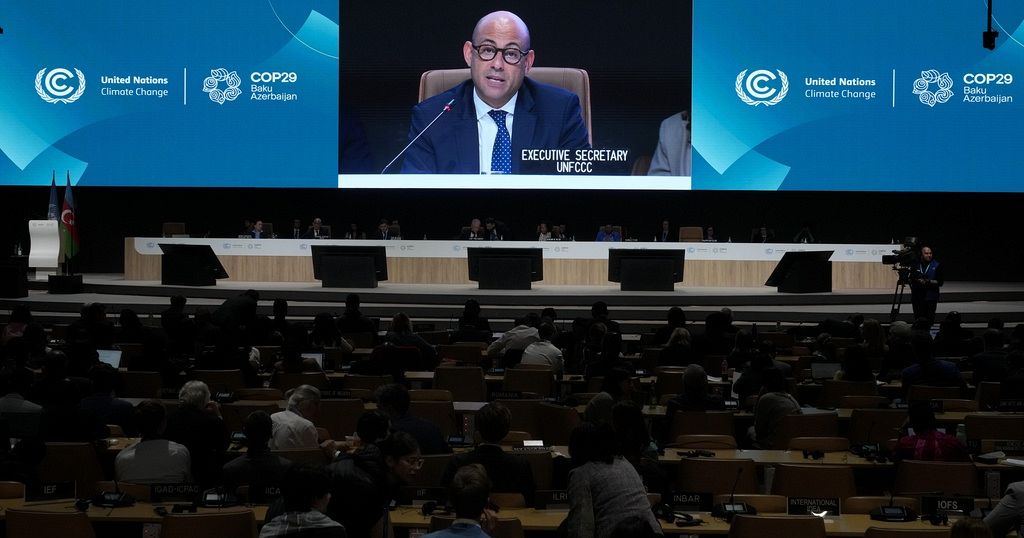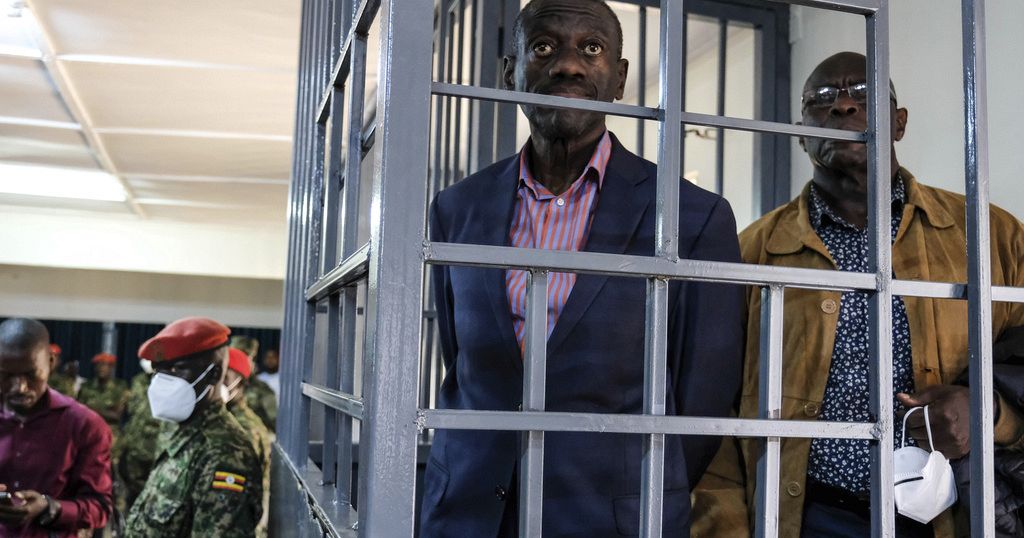BRICS admits six new members as bloc seeks bigger say in global affairs
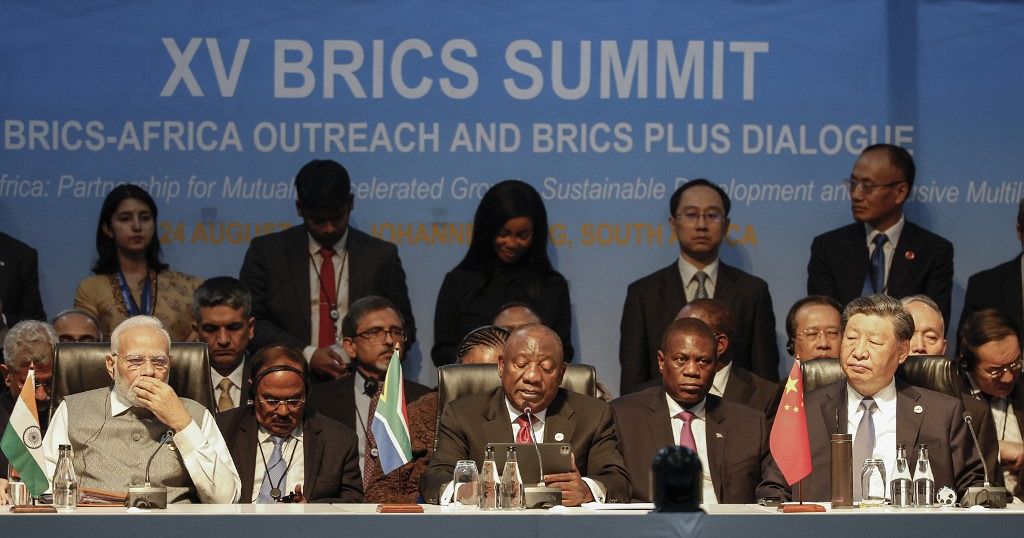
The Brics (Brazil, Russia, India, China, South Africa), meeting at their summit in Johannesburg, announced on Thursday a “historic” expansion of the emerging countries’ bloc, with the integration of six new members, including Iran, from January.
Argentina, Egypt, Ethiopia, Saudi Arabia and the United Arab Emirates are also joining the group, which aims to increase its influence in the world, announced South African President Cyril Ramaphosa.
Chinese President Xi Jinping hailed this “historic enlargement” and predicted a “radiant future for the Brics”. As the bloc’s economic heavyweight, Beijing was in favor of this expansion, which was the focus of the 15th summit, which opened on Tuesday and ends this evening.
No information was released on the content of the discussions, the support given or the criteria used in the strategic choice of the new entrants. Negotiations were conducted behind closed doors during a plenary session on Wednesday and at several bilateral meetings.
Some forty countries from all over the world had applied for membership or expressed an interest in joining. A sign of the growing influence of emerging countries on the world stage, according to the “club of five”, which produces a quarter of the world’s wealth and brings together 42% of the world’s population.
Immediately after the announcement, Teheran hailed on X (formerly Twitter) “a strategic success for the country’s foreign policy”.
Ethiopia’s Prime Minister, Abiy Ahmed, spoke of “an important moment” for his country. “Ethiopia is ready to cooperate with all for an inclusive and prosperous world order”, he posted on social networks.
The United Arab Emirates also welcomed the agreement, with President Mohammed ben Zayed saying he “respects the vision of the Brics leaders”.
The same was true of Egypt, which said it looked forward to “making the voice of the countries of the South heard”.
A heterogeneous alliance, the Brics have in common their demand for a more inclusive global balance, particularly with regard to the influence of the United States and the European Union.
Noting that “we are moving towards a multipolar world”, UN chief Antonio Guterres called for an overhaul of “outdated” multilateral institutions, which must reflect “today’s economic realities”.
Source: Africanews


